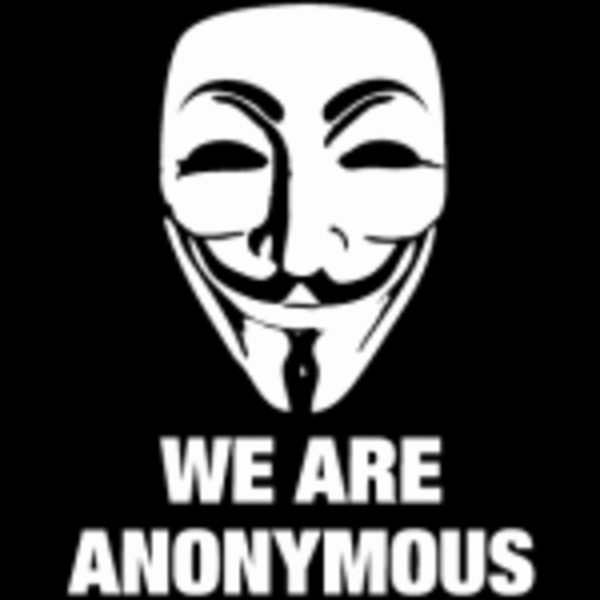Over the past few days, we’ve watched a battle unfold between two Internet giants. No, not Google and Facebook. 4chan and Tumblr. Members of the two sites have come to blows, so to speak, over who “owns” Internet memes, and some on the 4chan message board called for “Operation Overlord” – a DDoS attack targeted against the microblogging site. Tumblr users have threatened to respond by filling the 4chan boards with pictures of kittens. And both sites have taken turns over the past 24 hours being offline.

It’s easy, perhaps, to dismiss this back-and-forth of bored and disgruntled teenagers. And because one of the call-to-arms on 4chan said “We are Anonymous” and involved a denial-of-service tactic, it may be easy to confuse 4chan v Tumblr with the more recent DDoS attacks undertaken by Anonymous.
Motivations Behind Operation Payback
The blog TorrentFreak has a “behind the scenes look at Anonymous’ Operation Payback,” examining some of the history and motivations behind the recent series of direct actions that Anonymous has coordinated against pro-copyright groups. And as the TorrentFreak story makes clear, the anarchic nature of the group makes it difficult to generalize too much about who they are or what they want.
“We can safely conclude that this Anonymous group doesn’t have a broad shared set of ideals,” writes TorrentFreak’s Ernesto. “Instead, it is bound together by anger, frustration and the desire to be heard. Their actions are a direct response to the anti-piracy efforts of pro-copyright groups.” According to interviews with TorrentFreak, some of Anonymous’ members are also frustrated that their actions have not driven media attention to their demands. These have been posted online for over a week and include short, medium and long range goals for revising copyright law.
Rethink Copyright Law… Or Else
While the demands call for an immediate end to piracy lawsuits, Anonymous’s call to wean the world away from its current copyright laws seems more measured. In fact, the group does not demand an end to copyright altogether. Within the next 2 or 3 years, Anonymous says copyright lifetime should be reduced to around 25 years. Within the next 10 years, it should be reduced to about 5 years. And in the long term, it should be reduced to between 0 and 1 year.
The list of demands makes no mention of file-sharing, even though many of the group’s targets have been those associated with the criminalization – or at least demonization – of file-sharing, groups like the RIAA and the MPAA.
“What we are now trying to do, is to straighten out ideals, and trying to make them both heard and accepted. Nobody would listen to us if we said piracy should be legal, but when we ask for copyright lifespan to be reduced to ‘fair’ lengths, that would sound a lot more reasonable,” a spokesman for Anonymous told TorrentFreak.
Shutting Down Websites, Opening Up Dialogue
It’s debatable whether or not DDoS attacks get you heard, let alone accepted. And while the FBI investigations into Anonymous’s DDoS attacks may have put a damper on the group’s actions, it may be that other forces – those very anarchic forces that gave the group its origins – also serve to undermine and fragment the message that Anonymous is trying to communicate about the problems with contemporary copyright law. And although spats with Gene Simmons make for great headlines, the DDoS attacks so far haven’t really made for great political dialogue or legal change.

















